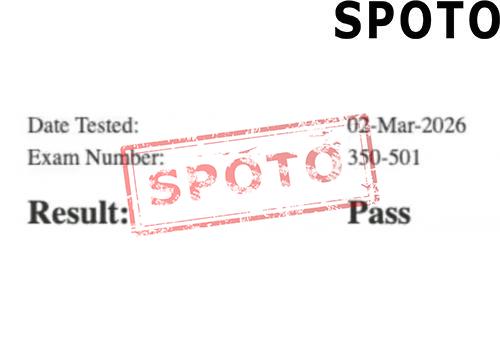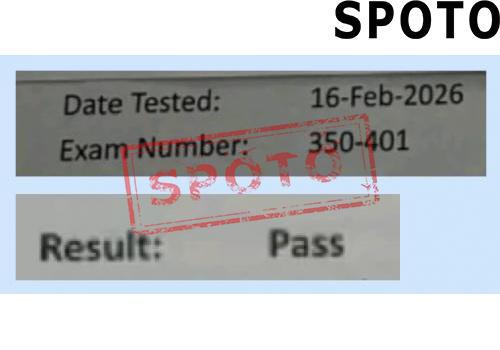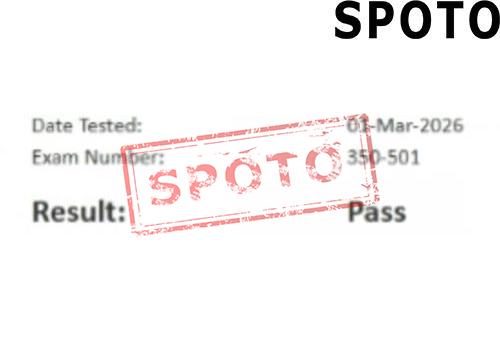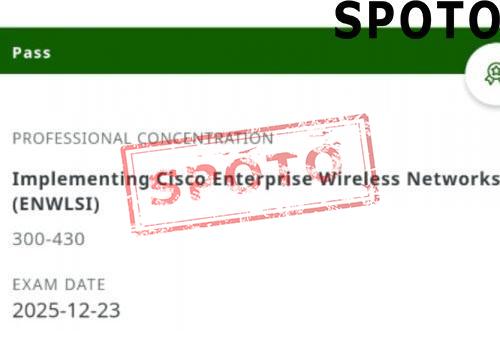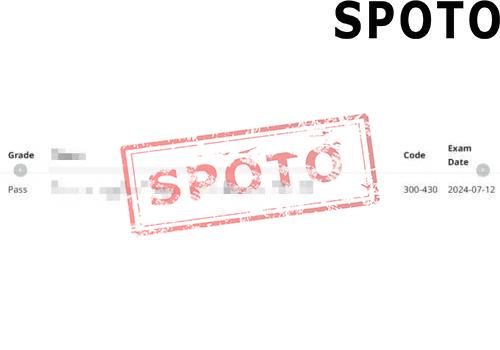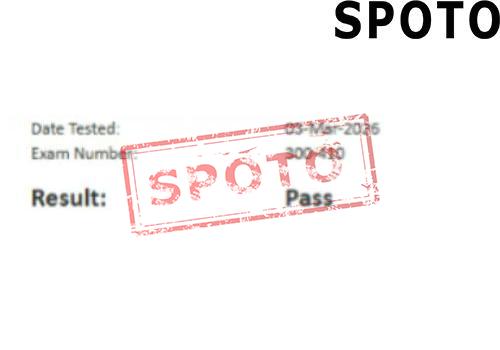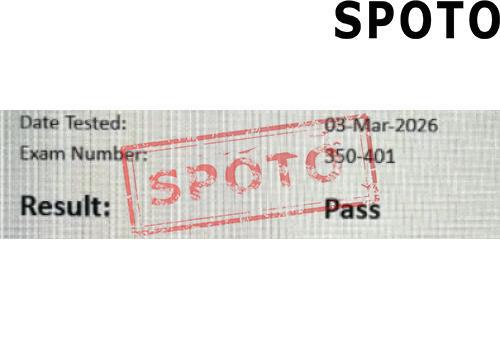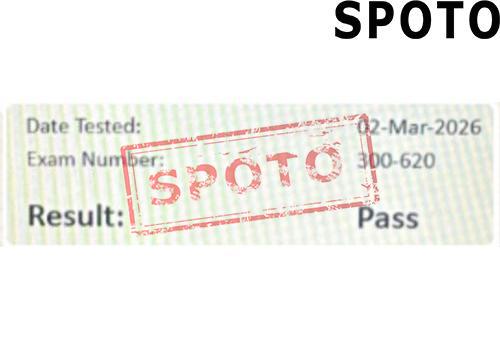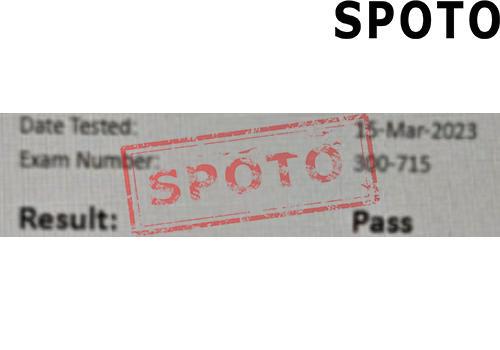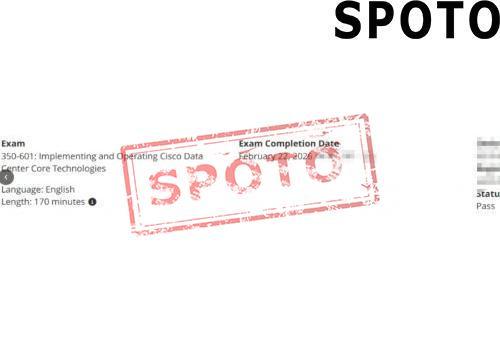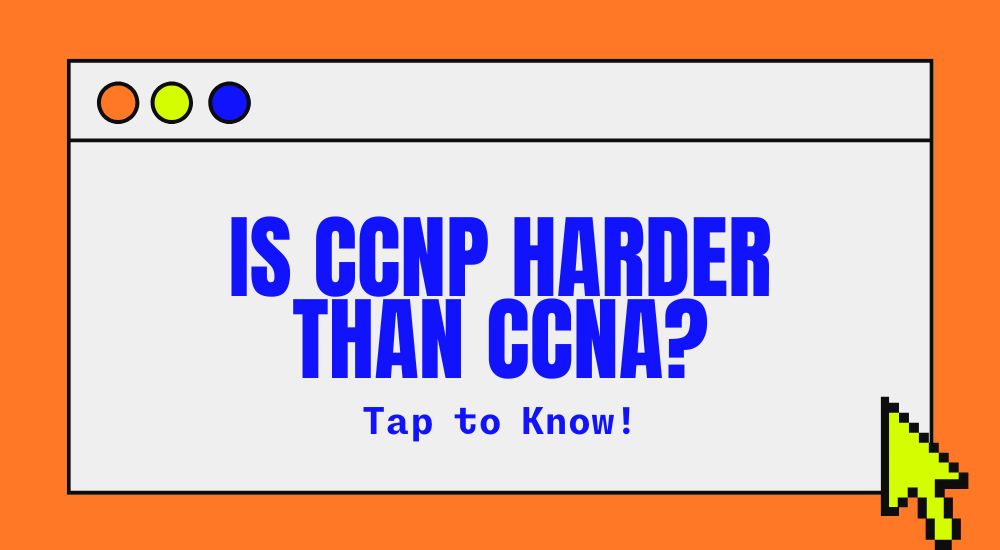
When considering Cisco certifications, the Cisco Certified Network Associate (CCNA) is often viewed as the entry point, while the Cisco Certified Network Professional (CCNP) is a more advanced certification. Naturally, this raises the question: is CCNP harder than CCNA? The short answer is yes. However, the degree of difficulty depends on your background, experience, and preparation strategy.
Let's explore the differences, challenges, and strategies for tackling CCNP, and why it's considered more demanding than CCNA.
Differences Between CCNA and CCNP
1. Depth of Knowledge
- CCNA: The CCNA covers fundamental networking concepts like IP addressing, routing, switching basics, and network security. It's designed to build a strong foundation for those new to networking.
- CCNP: The CCNP dives deeper into advanced topics such as enterprise networking, troubleshooting, advanced routing protocols, and security. It also introduces specialized domains like SDN (Software-Defined Networking) and automation.
2. Exam Structure
- CCNA: Requires passing a single exam that covers a broad range of introductory topics.
- CCNP: Requires passing two exams—one core exam and one concentration exam. The core exam tests fundamental enterprise networking concepts, while the concentration exam focuses on a specific area, such as security, automation, or advanced routing.
3. Hands-On Requirements
- CCNA: Practical knowledge is tested but in simpler scenarios, such as basic configurations and troubleshooting.
- CCNP: Practical skills are heavily emphasized, requiring candidates to demonstrate their ability to configure, troubleshoot, and optimize complex network environments.
4. Experience Level
- CCNA: Geared toward beginners with little to no networking experience.
- CCNP: Targets professionals with at least 1-3 years of networking experience, making it inherently more challenging for those new to the field.
Why Is CCNP Harder?
1. Advanced Topics
CCNP covers intricate topics like:
- Redistribution of routing protocols.
- Advanced troubleshooting for both Layer 2 and Layer 3 networks.
- VPN configuration and security principles.
- Automation using Python and APIs.
The depth and complexity of these topics require significant study and hands-on practice.
2. Higher Standards for Problem-Solving
While CCNA focuses on understanding and implementing basic solutions, CCNP demands the ability to troubleshoot and optimize complex network issues. You'll need to understand how different technologies interact and how to resolve conflicts in large-scale environments.
3. Specialization
CCNP requires choosing a concentration exam, such as:
- Enterprise Advanced Routing and Services.
- Security.
- Collaboration.
- Data Center.
- Automation and DevOps.
Each specialization has its own set of challenges, requiring a deeper understanding of the chosen domain.
How to Prepare for CCNP
1. Build a Strong Foundation with CCNA
A solid grasp of CCNA-level concepts is essential for success in CCNP. Without this foundation, the advanced topics can feel overwhelming.
2. Embrace Hands-On Practice
Practical skills are vital for CCNP. Use tools like Cisco Packet Tracer, GNS3, or even real lab equipment to practice configurations, troubleshoot scenarios, and simulate real-world challenges.
3. Invest in Quality Study Materials
- Cisco's official guides and documentation.
- Video courses from platforms like CBT Nuggets or INE.
- Practice exams from trusted providers like SPOTO.
4. Join Networking Communities
Collaborate with peers and professionals through forums like the Cisco Learning Network, Reddit's r/ccnp, or local study groups. Sharing insights and troubleshooting together can significantly enhance your understanding.
5. Time Management
Create a structured study schedule that allocates time to theory, hands-on practice, and review. Focus more on weak areas and track your progress regularly.
Who Finds CCNP Easier?
For individuals with prior networking experience, especially those who have worked in roles like network administrators or engineers, CCNP might not feel overwhelmingly difficult. Their practical exposure gives them an edge in understanding complex scenarios.
On the other hand, those transitioning from CCNA with little to no hands-on experience may find the jump to CCNP challenging.
Conclusion: Is CCNP Worth the Effort?
While CCNP is undoubtedly harder than CCNA, the challenges are manageable with the right preparation. The certification is highly respected in the networking field and opens doors to advanced roles such as network engineer, network architect, or security specialist.
By dedicating time to mastering the advanced topics, embracing hands-on practice, and leveraging quality resources, you can conquer CCNP and significantly boost your career prospects.
